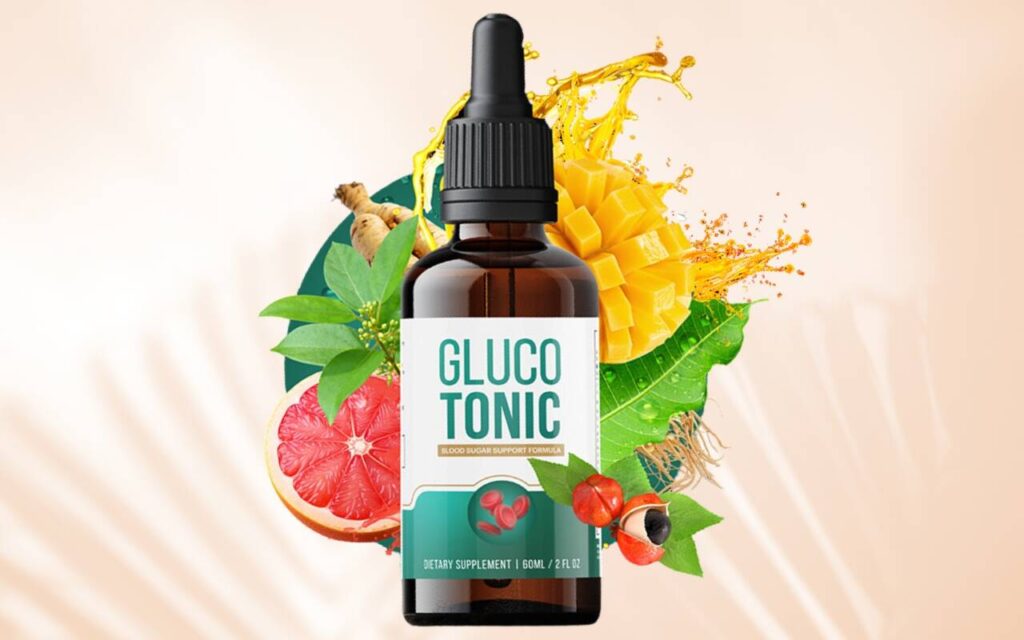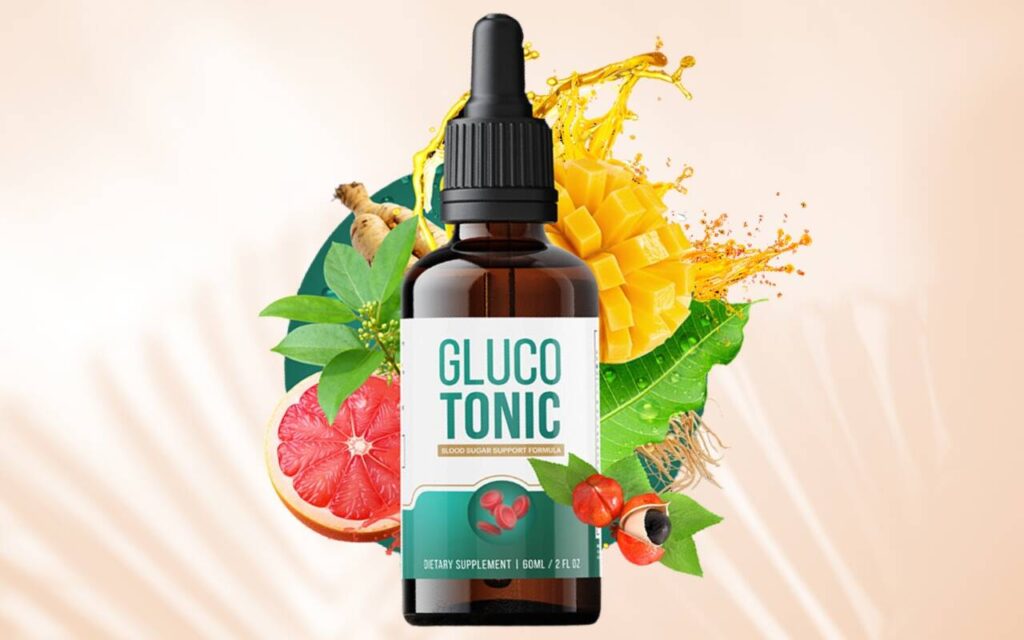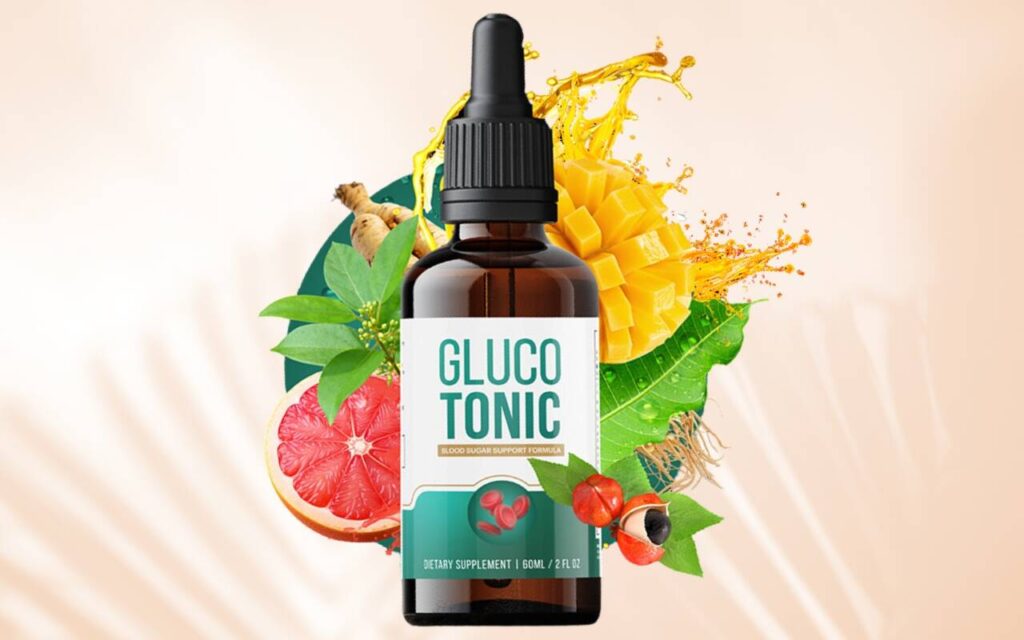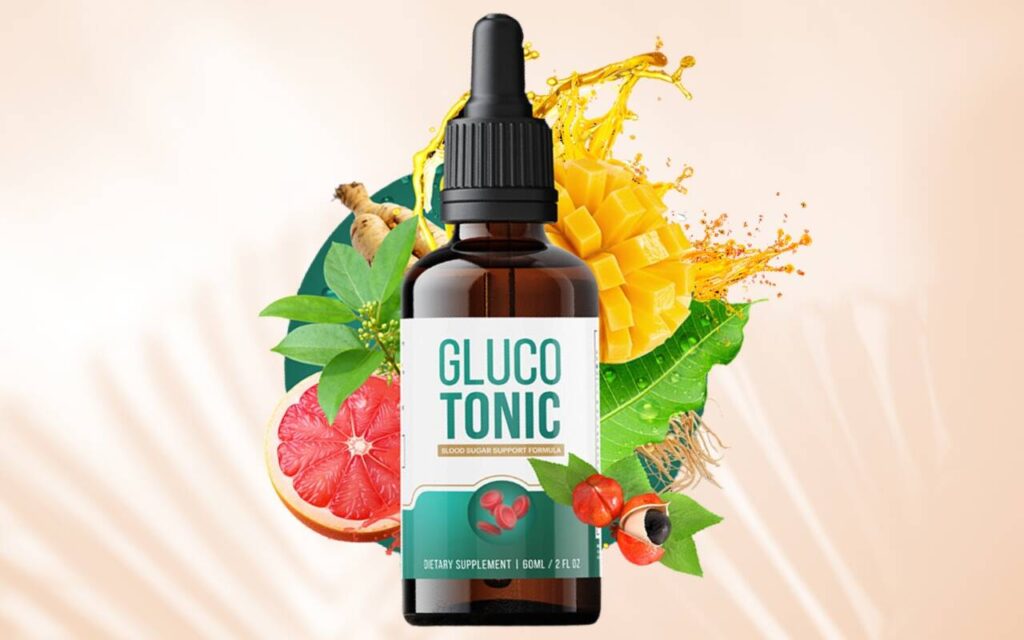Supplements to Lower Blood Sugar Naturally for the Elderly
Managing blood sugar levels is a critical aspect of maintaining overall health, especially for elderly individuals who may be at higher risk for conditions like type 2 diabetes or insulin resistance. While lifestyle changes such as a balanced diet and regular exercise are foundational, certain supplements to lower blood sugar naturally can provide additional support. This article explores evidence-based supplements that may help regulate glucose levels safely and effectively for older adults.
Understanding Blood Sugar Management in the Elderly
As we age, our bodies become less efficient at metabolizing glucose, often leading to higher blood sugar levels. Factors such as reduced physical activity, muscle loss, and changes in insulin sensitivity contribute to this challenge. While prescription medications are commonly used, many seniors seek natural alternatives to complement their treatment plans. Incorporating supplements to lower blood sugar naturally can be a proactive approach to supporting metabolic health without harsh side effects.
Top Supplements to Lower Blood Sugar Naturally
1. Berberine
Berberine is a bioactive compound extracted from plants like goldenseal and barberry. It has been extensively studied for its ability to improve insulin sensitivity and reduce glucose production in the liver.
- How It Works: Berberine activates an enzyme called AMP-activated protein kinase (AMPK), which helps cells absorb glucose more efficiently.
- Dosage: 500 mg taken 2–3 times daily before meals.
- Considerations: May interact with certain medications, so consult a healthcare provider before use.
2. Cinnamon Extract
Cinnamon is more than just a flavorful spice—it contains compounds that mimic insulin and enhance glucose uptake by cells.
- How It Works: Cinnamon polyphenols improve insulin signaling and reduce fasting blood sugar levels.
- Dosage: 1–6 grams per day (or 500 mg of cinnamon extract).
- Considerations: Opt for Ceylon cinnamon, as the Cassia variety contains coumarin, which may be harmful in large doses.
3. Alpha-Lipoic Acid (ALA)
ALA is a potent antioxidant that helps reduce oxidative stress linked to high blood sugar.
- How It Works: Enhances insulin sensitivity and may alleviate symptoms of diabetic neuropathy.
- Dosage: 300–600 mg daily.
- Considerations: May lower blood sugar significantly, so monitor levels closely if taking diabetes medications.
4. Magnesium
Magnesium deficiency is common in the elderly and is associated with insulin resistance.
- How It Works: Supports enzyme function involved in glucose metabolism.
- Dosage: 200–400 mg daily (glycinate or citrate forms are best absorbed).
- Considerations: High doses may cause digestive upset; start with a lower dose.
5. Chromium Picolinate
Chromium is a trace mineral that enhances insulin action.
- How It Works: Improves insulin receptor activity, helping cells utilize glucose more effectively.
- Dosage: 200–1,000 mcg daily.
- Considerations: Safe at recommended doses but avoid excessive intake.
6. Fenugreek
Fenugreek seeds are rich in soluble fiber and compounds that slow carbohydrate absorption.
- How It Works: Delays gastric emptying and improves post-meal blood sugar spikes.
- Dosage: 5–50 grams of seeds daily or 1,000 mg of extract.
- Considerations: May cause mild digestive discomfort initially.
7. Gymnema Sylvestre
Known as the "sugar destroyer," this herb has been used in Ayurvedic medicine for centuries.
- How It Works: Reduces sugar absorption in the intestines and may support pancreatic beta-cell function.
- Dosage: 200–400 mg daily of extract standardized to 25% gymnemic acids.
- Considerations: May enhance the effects of diabetes medications.
8. Omega-3 Fatty Acids
Found in fish oil, omega-3s help reduce inflammation linked to insulin resistance.
- How It Works: Improves cell membrane function and insulin signaling.
- Dosage: 1,000–3,000 mg of combined EPA and DHA daily.
- Considerations: Choose high-quality, mercury-free supplements.
9. Probiotics
Gut health plays a surprising role in glucose metabolism.
- How It Works: Certain probiotic strains improve insulin sensitivity and reduce inflammation.
- Dosage: 10–20 billion CFUs daily (look for Lactobacillus and Bifidobacterium strains).
- Considerations: May take several weeks to notice effects.
10. Vitamin D
Low vitamin D levels are linked to insulin resistance and diabetes risk.
- How It Works: Supports insulin secretion and reduces inflammation.
- Dosage: 1,000–5,000 IU daily (dependent on blood levels).
- Considerations: Regular testing is recommended to avoid toxicity.
Combining Supplements with Lifestyle Changes
While supplements to lower blood sugar naturally can be beneficial, they work best alongside healthy habits:
- Diet: Focus on fiber-rich foods, lean proteins, and healthy fats while minimizing refined sugars.
- Exercise: Engage in regular physical activity, such as walking or resistance training, to improve insulin sensitivity.
- Hydration: Proper water intake helps kidneys flush excess glucose.
- Sleep: Poor sleep disrupts hormones that regulate blood sugar.
Safety Considerations for Elderly Individuals
Before adding any new supplement, seniors should:
- Consult a Healthcare Provider: Some supplements interact with medications or may not be suitable for certain health conditions.
- Start with Low Doses: Older adults may metabolize supplements differently, so gradual introduction minimizes side effects.
- Monitor Blood Sugar: Regular testing ensures supplements are effective without causing hypoglycemia.
Final Thoughts
For elderly individuals seeking supplements to lower blood sugar naturally, options like berberine, cinnamon, and magnesium offer promising benefits. However, these should complement—not replace—medical advice and lifestyle modifications. By taking a proactive and informed approach, seniors can better manage their blood sugar levels and enhance their overall well-being.
Always prioritize quality supplements from reputable brands and maintain open communication with healthcare professionals to tailor a plan that meets individual needs.
Frequently Asked Questions
FAQ
-
What are the best natural supplements to lower blood sugar in the elderly?
Some effective supplements include cinnamon, berberine, alpha-lipoic acid, and fenugreek, which have been shown to support healthy blood sugar levels. -
Are these supplements safe for elderly individuals with diabetes?
While many are safe, it’s important to consult a doctor before use, as some supplements may interact with medications or require dosage adjustments. -
How long does it take for these supplements to show results?
Results vary, but some individuals may notice improvements in blood sugar levels within a few weeks of consistent use alongside a healthy diet. -
Can supplements alone manage high blood sugar in seniors?
Supplements can help, but they work best when combined with a balanced diet, regular exercise, and proper medical supervision for optimal results.





